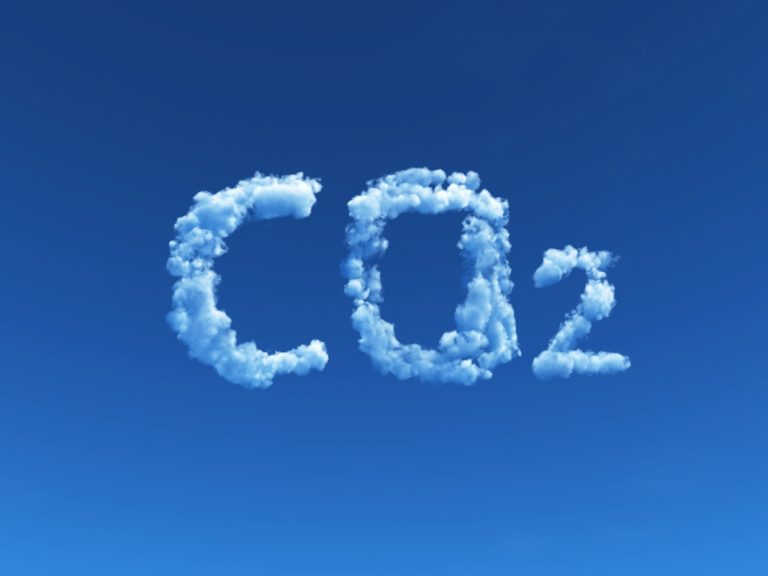Warning: Undefined array key "hover_icon_tablet" in /opt/wpprojects.iiasa.ac.at/wordpress/wp-content/themes/Divi/includes/builder/module/Image.php on line 316
Warning: Undefined array key "hover_icon_phone" in /opt/wpprojects.iiasa.ac.at/wordpress/wp-content/themes/Divi/includes/builder/module/Image.php on line 317
The goal of the Energy Program (ENE) is to better understand the dynamics of future energy transitions, their main driving forces, enabling factors, and barriers, as well as the consequences of those transitions for the social, economic, and environmental dimensions of human wellbeing.
ENE aims to support policymaking by studying and reporting mechanisms and levers that would allow the present energy system to transform to a cleaner and more sustainable one.
To generate robust science-based policy advice, ENE combines basic and applied research with a focus on integrated assessment, energy policy modeling, and the development of decision-analytical frameworks for policy integration.
A specialized niche research area for ENE is integrated assessment and modeling that simultaneously address the major energy policy challenges in the areas of environment, energy poverty, and energy security and reliability. ENE analyses show that assessing various policy objectives and their interactions simultaneously can identify and quantify policy synergies and co-benefits that are robust against multiple future uncertainties.









